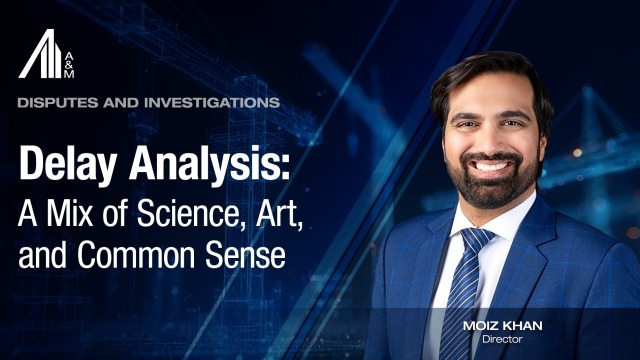How Well Do You Know Your Key Donors?
From removing names on buildings to “refreshing” the board of trustees, public institutions are experiencing the risky side of accepting donations and appointing trustees.
Schools, charities and cultural institutions are learning that a patron’s high profile name and impressive bank balance are no shield against damage to the organization’s reputation.
At last year’s National Association of College and University Attorneys annual meeting I spoke about the pitfalls of insufficient due diligence. The examples I gave that my firm uncovered were frightening enough:
- Under a totalitarian regime, he fired dissident professors. Now he wants to be a trustee of your university.
- Her letter offers a multibillion dollar collaboration between your medical school and the Chinese government, but she lives in a foreclosed house.
- He says he can help you finance your prep school’s expansion, but his “historical” web page has anti-Semitic imagery.
Today’s embarrassments come with lightning speed. All it takes is a #MeToo tweet and your institution is “trending” in a way you never saw coming, with its name tied to the horrors of sexual harassment.
There are ways to reduce the risks of reputational damage. In recent years, savvy institutions have turned to professional investigations firms to conduct reputational due diligence of people who may become connected to their organization. Investigators look into business and personal history to:
- Learn how potential donors made their money;
- Predict how potential trustees will conduct themselves on the board;
- Search for civil or criminal litigation or regulatory issues; and
- Uncover media references or embarrassing social media posts.
Even within public institutions’ limited budgets, effective due diligence is a worthwhile investment.

